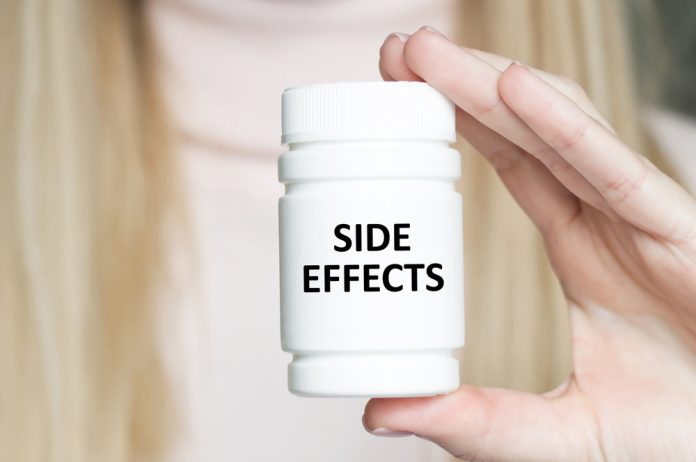This week, the ninth annual #MedSafetyWeek will take place, with regulators from 94 countries and 107 organisations participating worldwide to prevent harmful medicine side effects.
#MedSafetyWeek is part of international efforts to raise awareness about the importance of reporting suspected medicine side effects to national medicines regulatory authorities, such as the Medicines and Healthcare Products Regulatory Agency (MHRA).
This year’s campaign, which runs from 4 to 10 November, focuses on correctly using medicines to prevent side effects.
This means taking the right medicines at the right time, in the right way and at the right dose, and carefully following instructions for the use of medical devices.
Following these steps can drastically reduce the risk of side effects and safety issues.
Yellow Card scheme for reporting medicine side effects
When medicine side effects do arise, this MedSafetyWeek they should be reported directly to the MHRA’s Yellow Card scheme and local reporting systems as soon as possible.
Anyone can make a report: patients, parents, carers and healthcare professionals.
In the UK, the MHRA’s Yellow Card scheme is a critical source of information for us as the regulator to monitor the safety of healthcare products once they are on the market.
Importantly, Yellow Card reports can help to identify previously unknown side effects – or adverse drug reactions (ADRs) – and provide new safety knowledge to ensure risk is minimised.
Reporting to the scheme allows the MHRA to identify new adverse effects and gain more information about known adverse effects. This helps to improve the safety of medicines and healthcare products for all patients.
Safety concerns about medical devices, blood factors, immunoglobulin products, e-cigarettes, and defective, low-quality, or fake healthcare products should also be reported on the Yellow Card website.
Protecting patients from avoidable harm
This year’s MedSafetyWeek theme of ‘preventing side effects’ aligns with the third World Health Organization (WHO) Global Patient Safety Challenge: Medication Without Harm.
Preventable medicine side effects contribute significantly to an increasing burden on patients and healthcare services, with studies consistently showing that between one-third and a half may be potentially preventable.
Anticipating and managing side effects is key to reducing this burden and protecting patients from avoidable harm.
Yellow Card Biobank pilots new trial
The Yellow Card Biobank is an MHRA and Genomics England pilot project to increase understanding of how a patient’s genetic makeup may increase their risk of side effects from prescribed medications.
The MHRA is currently looking for patients who have experienced severe skin reactions when taking allopurinol or severe bleeding when taking direct oral anticoagulants to join the study before mid-January 2025.
If you or your patient have experienced a side effect from either of these drugs, please complete a Yellow Card report.









